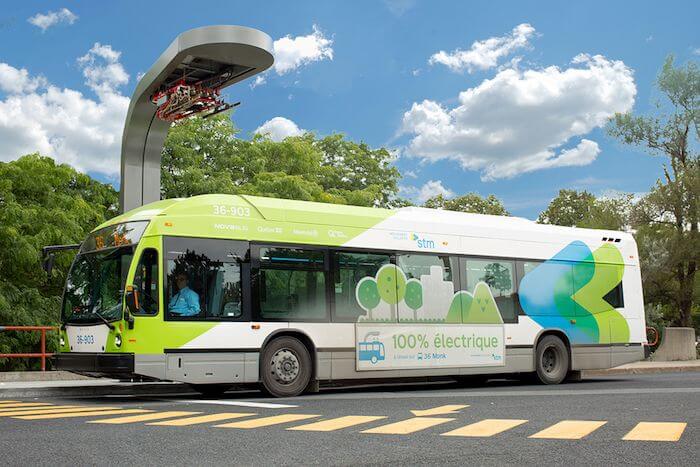
At the beginning of the new year, Canada continued to increase its investment in new energy buses. On February 17, the federal government announced that the Government of Canada intends to introduce legislation to invest up to $750 million to support municipalities facing transit operating shortfalls. This proposed investment is also in addition to the $14.9 billion over eight years, with $3 billion per year in permanent funding starting in 2026-27, announced in 2021 for public transit projects across Canada.
Last year the federal government set aside $2.75 billion dollars in short-term transit spending to help municipalities further green their bus fleets. The grant money was to help cover the upfront cost of purchasing electric buses to replace the diesel-powered ones rumbling through Canadian streets. The federal funding has helped cities buy 300 buses and the government hopes the funding will help them add 5,000 zero-emission buses (ZEB) over the next five years. Additionally, the Canadian Infrastructure Bank last year pledged to spend $1.5 billion to deploy 4,000 zero-emission buses and related infrastructure within three years. It also has a 10-year target to investment $5 billion in public transit.

As of September 2021, Canada had 606 full- and small-sized ZEBs registered, according to the report. Of those, 307 arrived within the 2021 calendar year, a 50 per cent increase over 2020.
CCIC Canada is always ready to provide Transport Canada certification/approval for new energy vehicle manufacturers, clearing the way for smooth entry into the Canadian market.